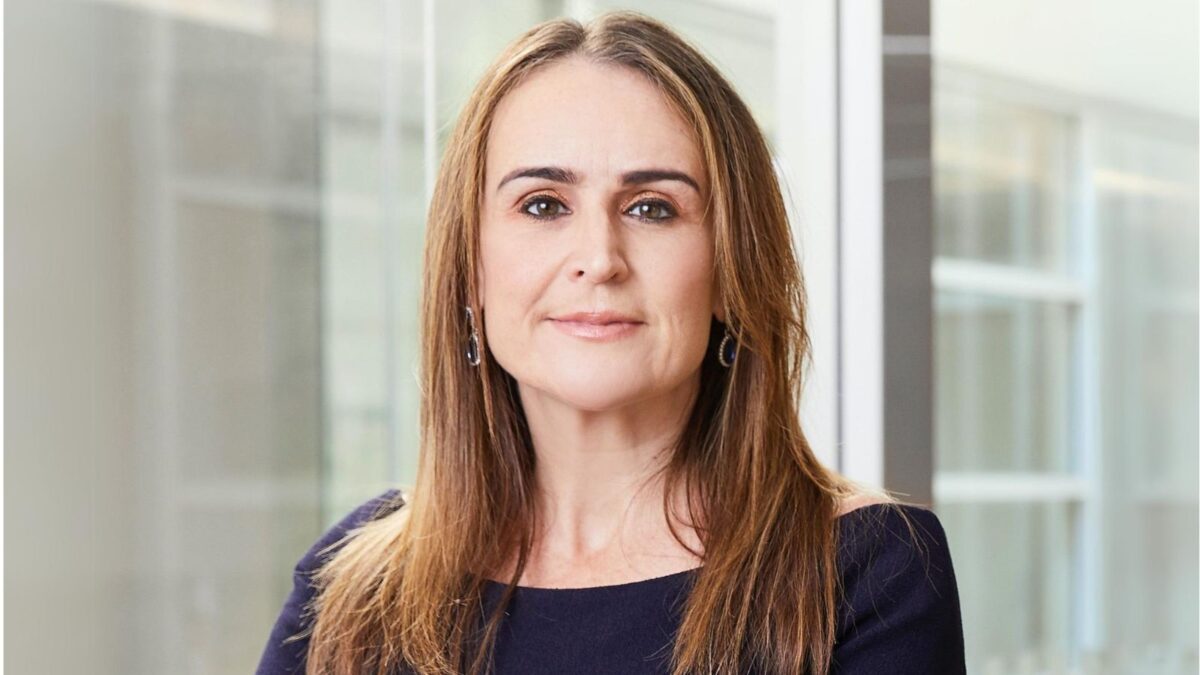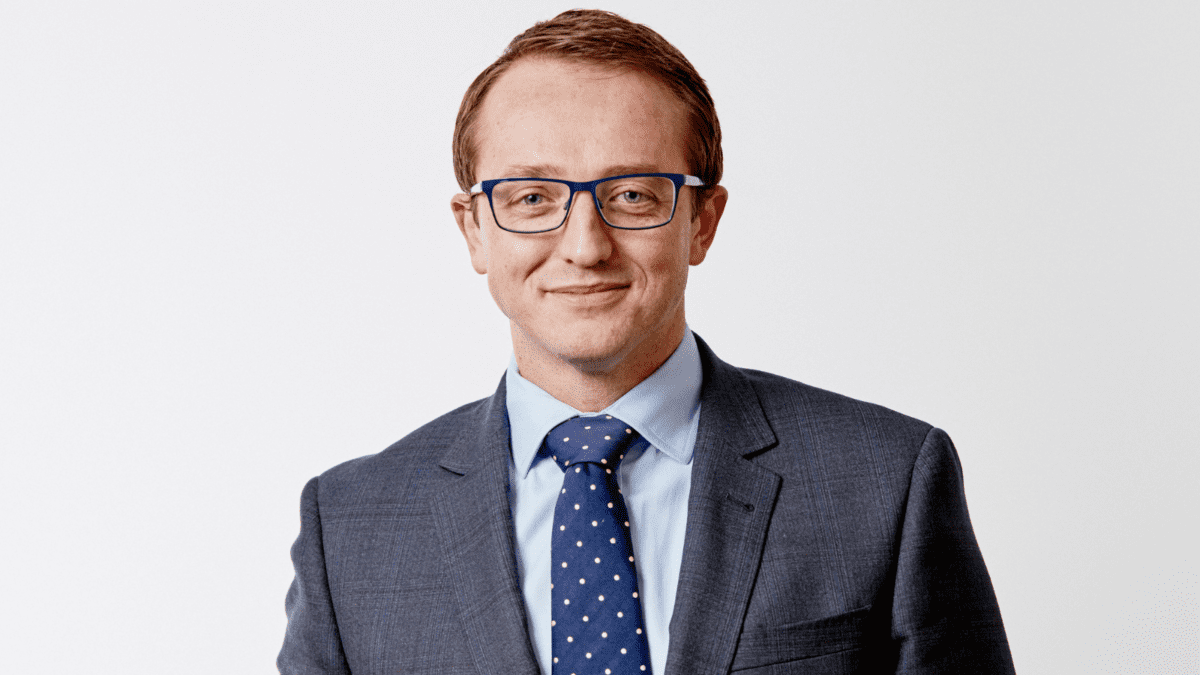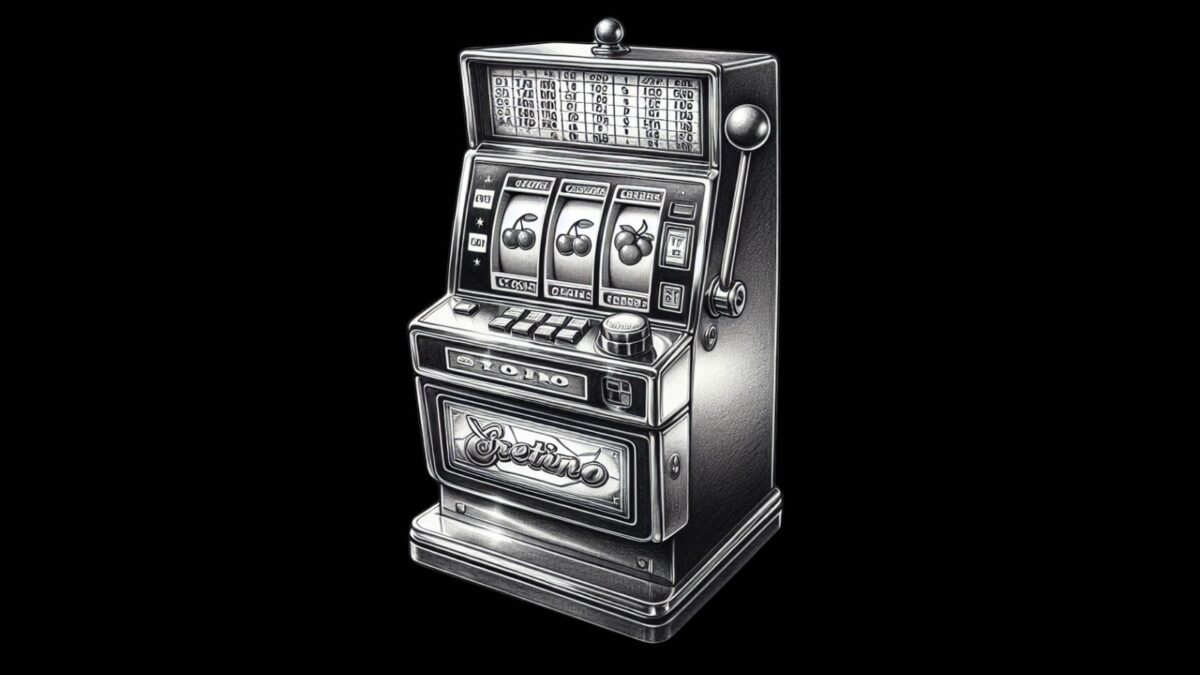Ethical NZ Super strikes at Israeli companies
The $US 16 billion New Zealand Superannuation Fund, which regularly ranks at the top of various sovereign wealth fund governance charts, has sold its small holdings in three Israeli companies for ethical reasons after a review of its passive international portfolio.
Two companies, Africa Israel and Shikun & Binui, had been involved in building Israeli settlements in the Occupied Palestinian Territories. The third, Elbit Systems, was involved in the construction of the separation barrier in occupied Palestine, which has been cited as illegal under international law, according to the United Nations.
Anne-Maree O’Connor, NZ Super’s manager for responsible investment, said the fund also factored into its decision the recognition that the NZ Government had voted for UN Security Council resolutions demanding the dismantling of the separation barrier and the cessation of Israeli settlement activities in the Occupied Palestinian Territories.
The total value of the three holdings was only about $US50,000.
NZ Super, which has to publish an investment report every month under its NZ Government constitution and therefore is rarely out of the NZ press, made headlines a few years ago after it discovered, after an earlier review, that it owned a small stake in a company which had a subsidiary that made cluster bombs.
Cluster bombs, which release hundreds or thousands of smaller bombs and are therefore a threat to civilian life, are prohibited for the111 nations which have signed the Convention on Cluster Munitions.









